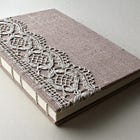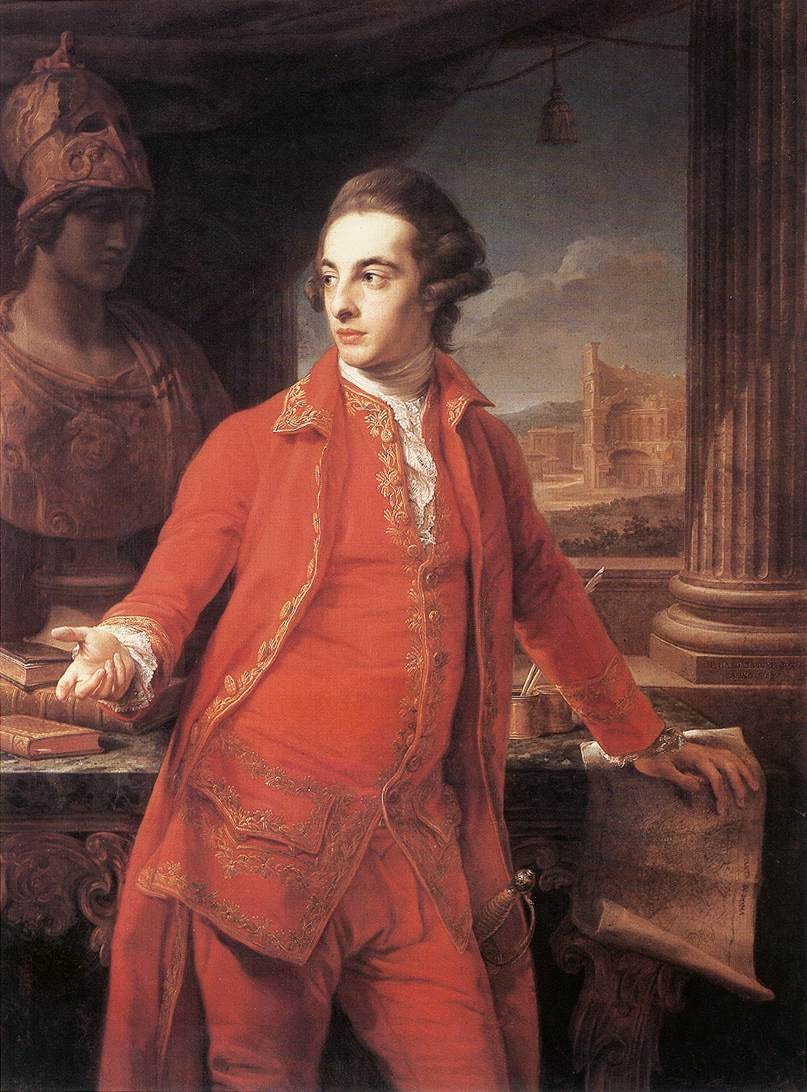Friday Fruit Salad
Miscellaneous updates: shoutouts by the New Yorker and Erik Hoel, a scoop by Ada Lovelace, and recommended posts from the archive.
The current (June 24th, 2024) issue of the New Yorker includes a short letter-to-the-editor I wrote about the history of suspense. For more on William Godwin, the inventor of the page-turner novel, see my article.
Also, for more on the same New Yorker article (and the relationship between r/K selection and proof-of-work, the euphemism treadmill, and so on in that fashion) see
Thanks muchly to Erik Hoel of The Intrinsic Perspective for including me in his roundup of interesting 2024 blogs! Lots more of interest there, check it out.
The post of mine linked there, Seven Glass Beads, was scooped by Ada Lovelace in 1843, I just noticed. I wrote that “programming merges the abstract and the concrete.” Lovelace wrote, as part of an astonishingly insightful set of notes that also contains the first published computer program,
In enabling mechanism to combine together general symbols, in successions of unlimited variety and extent, a uniting link is established between the operations of matter and the abstract mental processes of the most abstract branch of mathematical science. A new, a vast, and a powerful language is developed for the future use of analysis, in which to wield its truths so that these may become of more speedy and accurate practical application for the purposes of mankind than the means hitherto in our possession have rendered possible. Thus not only the mental and the material, but the theoretical and the practical in the mathematical world, are brought into more intimate and effective connexion with each other.
There are a couple of other old posts of mine I want to signal-boost, while I’m at it. The first is a somewhat original take on early U.S. history—I don’t think anybody’s made exactly this case about the Treaty of Tripoli and Joel Barlow’s motives for including that line. The second is a pair of flash fiction stories that I think came out well.
The Joeliad
·Toward the end of my post on Korah, I mention Article 11 of the Treaty of Tripoli, which states that “the government of the United States of America is not in any sense founded on the Christian Religion.” It occurred to me this morning that I had no idea who actually wrote that line. So that’s been my project today.
Some Nazca Line Explanations
In my last post, I talked about a philosopher who, in the early 19th century, vividly imagined what it’d feel like to fly over civilization in an airplane, looking down. It made me start thinking about the Nazca Lines. Nazca is a desert in Peru. About two thousand years ago, a people known only to archaeology etched hundreds of long lines into the rock …
If you search too much for “the inventor of the page-turner,” Google Search is eventually like, “well, maybe it was this guy?”
Thanks for reading!








